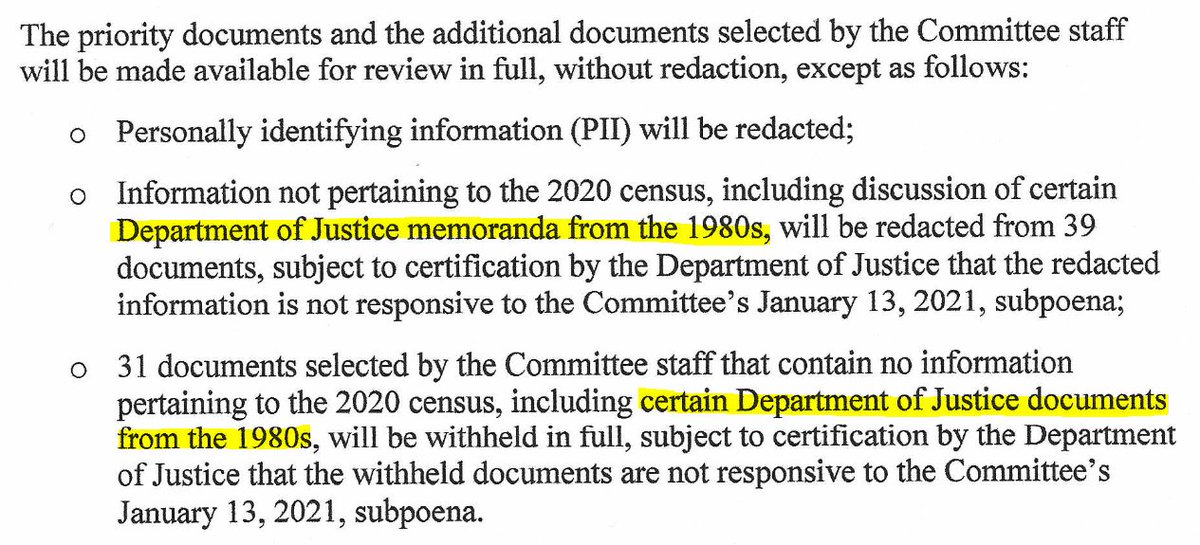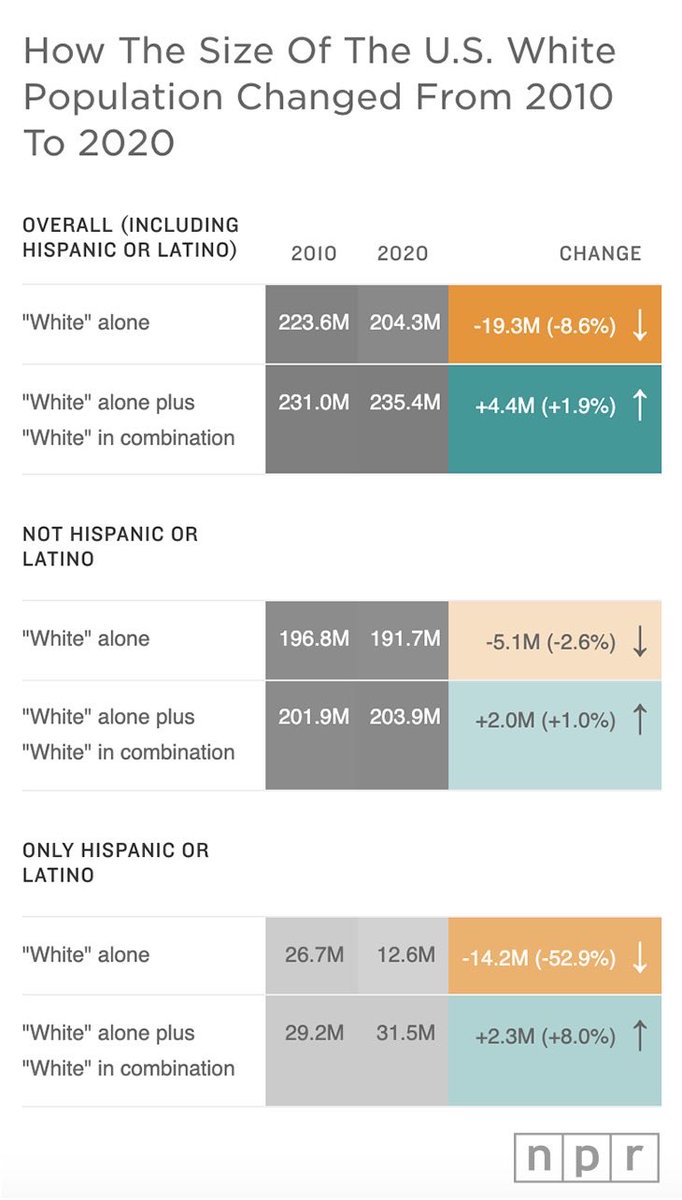
I asked the office of Sen. Rick Scott, R-Fla. — who blocked an attempt to confirm Census Bureau director nominee Robert Santos by unanimous consent in October — why Scott said he's concerned Santos will “politicize" the bureau & not serve "in a fair and unbiased fashion"...
2. So far, Scott's office has not provided any evidence that would suggest Santos would “politicize” the Census Bureau and “not perform his duties in a fair and unbiased fashion."
Instead, Scott's communications director, McKinley Lewis, gave this statement by email:
Instead, Scott's communications director, McKinley Lewis, gave this statement by email:

3. I am waiting for any direct response to this follow-up question:
Does Sen. Rick Scott consider Robert Santos not qualified or competent to serve as Census Bureau director? If so, why?
Does Sen. Rick Scott consider Robert Santos not qualified or competent to serve as Census Bureau director? If so, why?
4. And I am also waiting for any direct response to this follow-up question:
What evidence can Sen. Rick Scott provide that suggests Robert Santos would use the position of Census Bureau director to “politicize the census in another Democrat power grab”?
What evidence can Sen. Rick Scott provide that suggests Robert Santos would use the position of Census Bureau director to “politicize the census in another Democrat power grab”?
• • •
Missing some Tweet in this thread? You can try to
force a refresh






